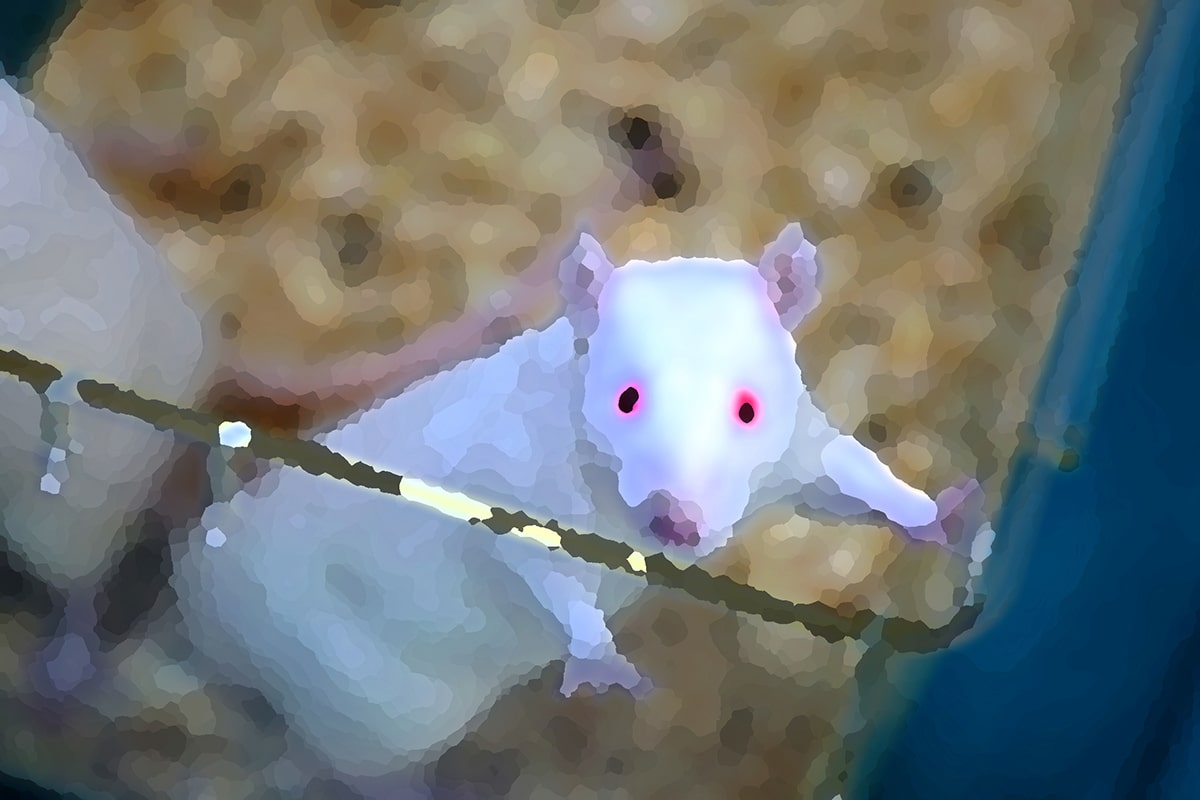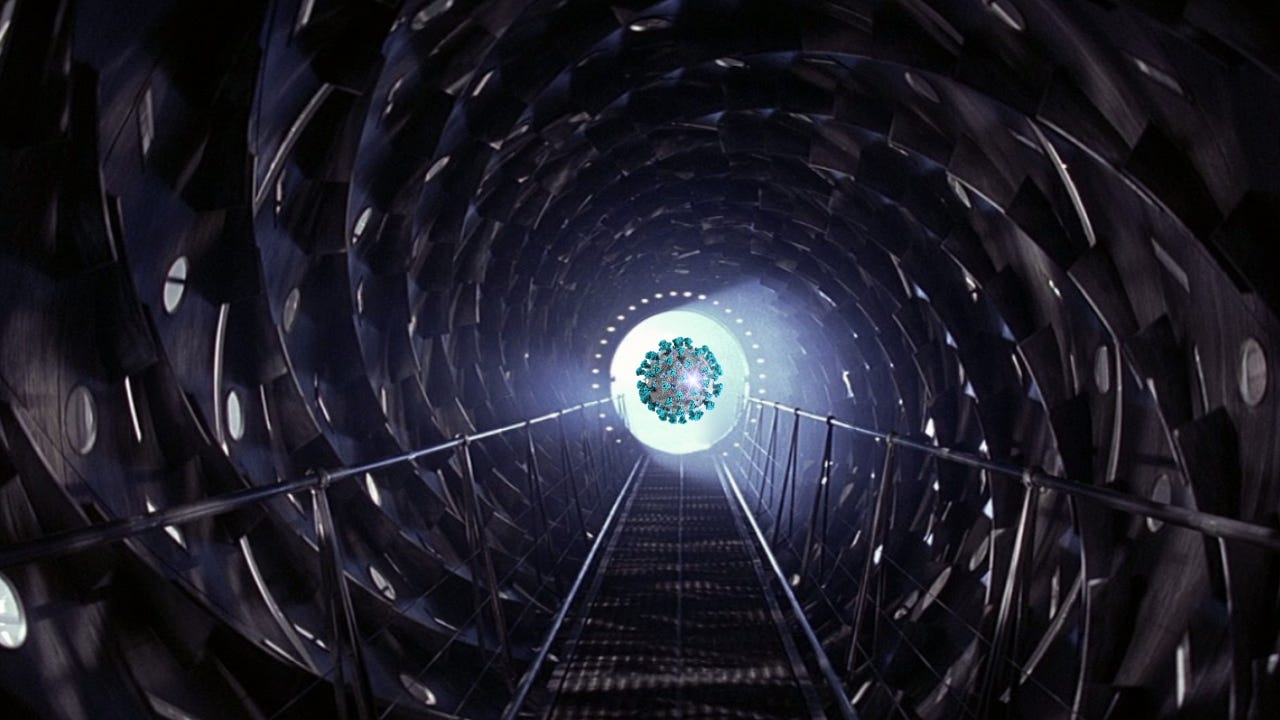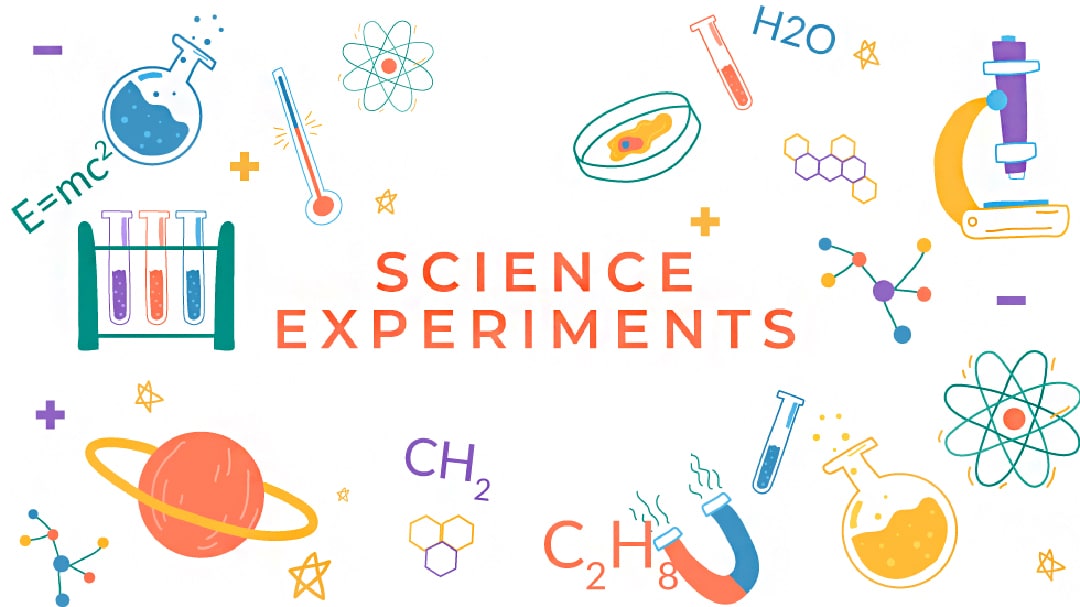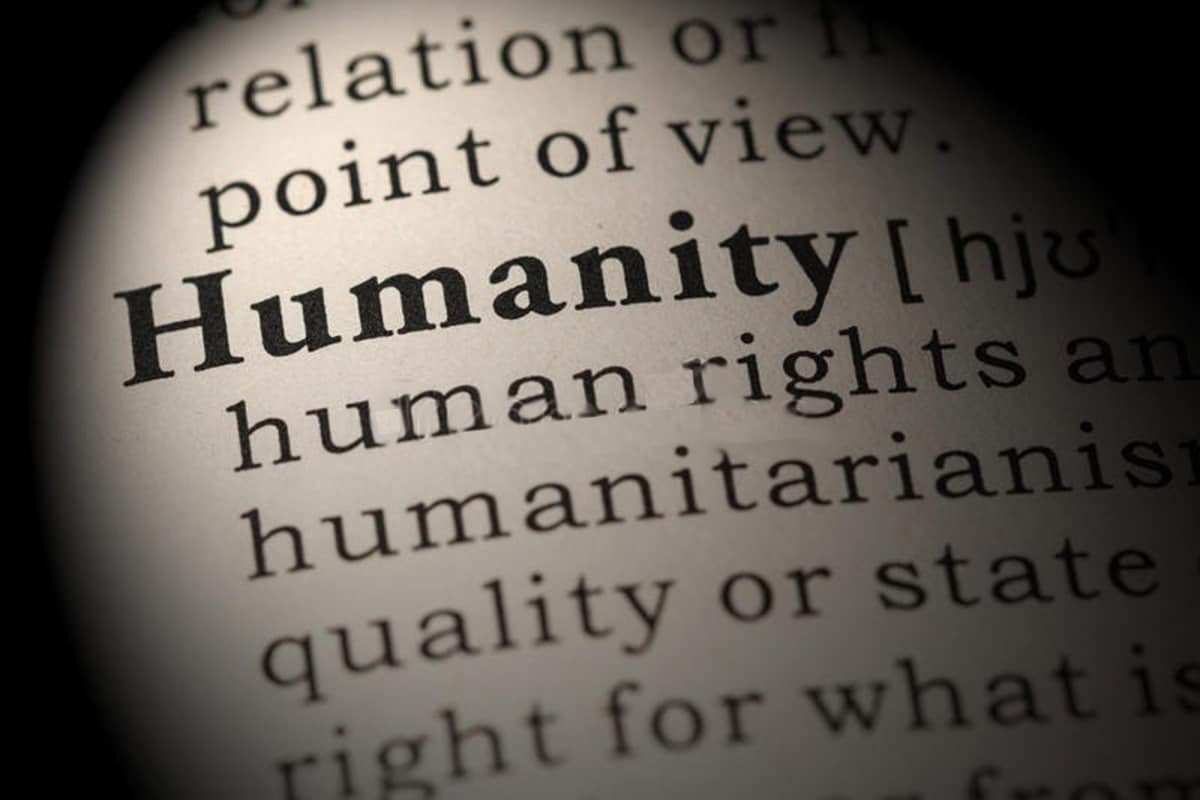

The Soulless Scientific Method
by Todd Hayen, PhD, RP | Oct 20, 2020
It seems these days we will believe nothing unless the presentation is preceded by the words “scientists discover” or “research shows” or some other claim that science is required to approve of the reality of every phenomenon.
I recently ran across an article that claimed, “therapy conducted through ZOOM is more effective in many ways than therapy conducted in person”—study shows.
Sorry, I just don’t buy it. But that isn’t really the point here. Why do I need “science” to tell me if something like psychotherapy works or not when it really is up to me how it works (or doesn’t work)? Of course I am sure, or hope, the “study” included a subjective analysis by interviewing actual patients. But then why does it need the qualification? Why does everything have to be “proven” either through the scientific method or through some sort of analysis regarding how other people feel about it. That, to me, is like saying, “study shows apples taste better than pears, ten people out of twelve say so.” I am not bucking science. There are plenty of things science has “proven” to be the way to evaluate functionality, or even to evaluate efficiency or whether or not something has the right to be called “matter.” But matter isn’t the only thing that is real, yeah, believe it or not.
“Give onto Caesar what is Caesar’s”—give science its due, but only what it is due, don’t give it everything. First of all, science isn’t always accurate. I keep using the word “science” incorrectly here; science is not a label for “reality,” science is a method. And that “method” doesn’t always yield truthful or accurate results even if it is used to validate predictions when appropriate.
There was a time when science was relied upon to tell us things that were required to build better buildings, to discover more about medicine, drugs, surgical techniques. We relied on science to tell us about nature, to whet our curiosity and satisfy our insatiable compulsion to learn. I don’t think, at least in the old days, the purpose of science was to evaluate the validity of any and every phenomenon we experience as human beings. “Science proves that art is important,” “scientists discover exactly what love is,” “research shows that sunsets are beautiful.” Give me a break. Maybe I have not heard these exact claims, but some quite close. Read E.O. Wilson’s book “The Meaning of Human Existence” to get a little taste of this sort of thing.
We can’t seem to make a move without the label “Approved by Science” plastered on everything. Once we believe we need this, then anyone can control what gets the label. Oh right, I forgot, Anthony Fauci IS science, so he undoubtedly is the one who has reins over what gets the label.
So what is in that “Approved by Science” label? What are the limitations of the scientific method and why it is not wise to require everything have that method applied to it to determine its validity, usefulness, reality, etc.?
First of all, a brief explanation of the scientific method is in order. The scientific method is broadly used in a great variety of disciplines. Essentially it is engaged when a scientific hypothesis is tested. The method itself consists of several steps: observation, asking a question, coming up with a hypothesis, predicting what will happen when your hypothesis is put to task, testing your prediction, and then an overall evaluation of the entire process (i.e., did the test work, did your prediction prove accurate, etc.)
One important aspect of this method is successful repeatability. Before claiming that any conclusion is reliable, the method on a particular hypothesis must be carried out many times and must yield the same results. Once science says that water boils at 100° C then it better sure as hell always boil at 100° C…unless, of course, other differing variables are present.
Science has always been good at predicting a mechanized element of reality. It is very cause and effect dependent. The scientific method is not all that good at predicting non-linear, non-mechanized phenomena, such as what a lover is going to do if you kiss her on her ear, or what will change in your demeanor if you had a nightmare the night before, or how a river gurgles, or how a butterfly flapping its wings in China will affect the weather in Detroit. Or, for that matter, whether it is going to rain tomorrow during my son’s big soccer match, or how he is going to feel about it if it does (predicting the weather has always been a thorn in science’s side).
Now, don’t get me wrong. I am not a scientist. I am sure if you were reading a scientist’s treatise on the brilliance of the scientific method in determining how our reality presents itself to us, you would be hearing quite a different story. This is a layman’s view. A man’s view that interjects soul into just about everything in his experience, and really sees nothing as fully, and accurately, predictable. So I am definitely a “science renegade.”
I don’t think scientists in the old days really had a problem with the limitations of their method. It just seems, as I said at the start of this article, that it is applied to everything nowadays. Maybe this isn’t the scientist’s fault. Maybe it is more the media’s fault, and those folks who control the media. I certainly hear a lot from scientists these days complaining about how science has been hijacked by the agenda. It has purposely, and erroneously, been used to justify a whole slathering of lies. And my previous examples are just little annoyances probably designed to further brainwash us, “Don’t listen to me! Listen to the science!!” all along manipulating the science to support the lie.
When I say the scientific method is soulless, I believe it probably needs to be soulless to accomplish its true purpose. But that soullessness sets it up for failure if it is used to assess everything in the universe. Some things it should stay away from, like assessing love, dreams, art, music. Sure, its been tried. There are countless books on the “science of love.” The social sciences focusing more on the prediction of behavior is an attempt to turn psychology into a hard science. In my opinion this approach may tell you something about the mysterious process of being a human, but far less than you think.
It seems once again that we are being brainwashed to believe that science, and its method, can be used to assess validity, and at least a near-thorough understanding of everything we experience in the universe. This simply is not true, but we are being told it is. Why?—because we then become easier to control. If “they” control the science, then they control what we all believe. It’s that simple. Even science, and its often clumsy methods, is not always right. In fact, the scientific method is not about proving a theory, it is about determining if a prediction regarding a hypothesis is accurate. That isn’t always that easy to do.
Oh, by the way, scientists have not determined that I am a reliable source of information on science and the scientific method. So beware.





0 Comments